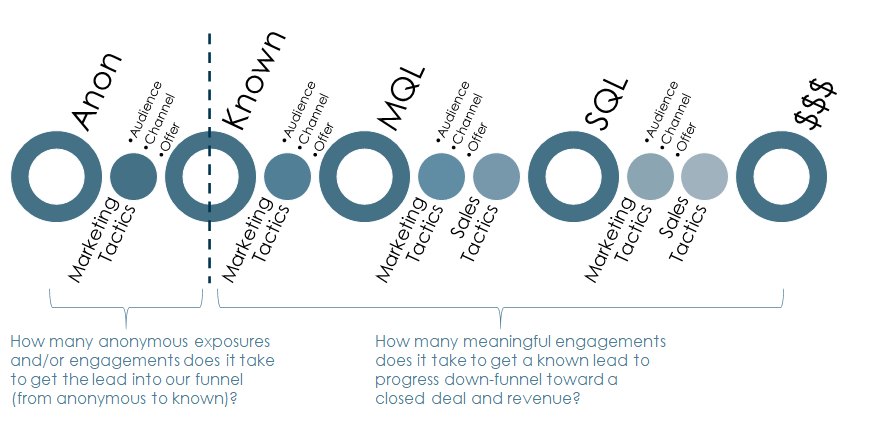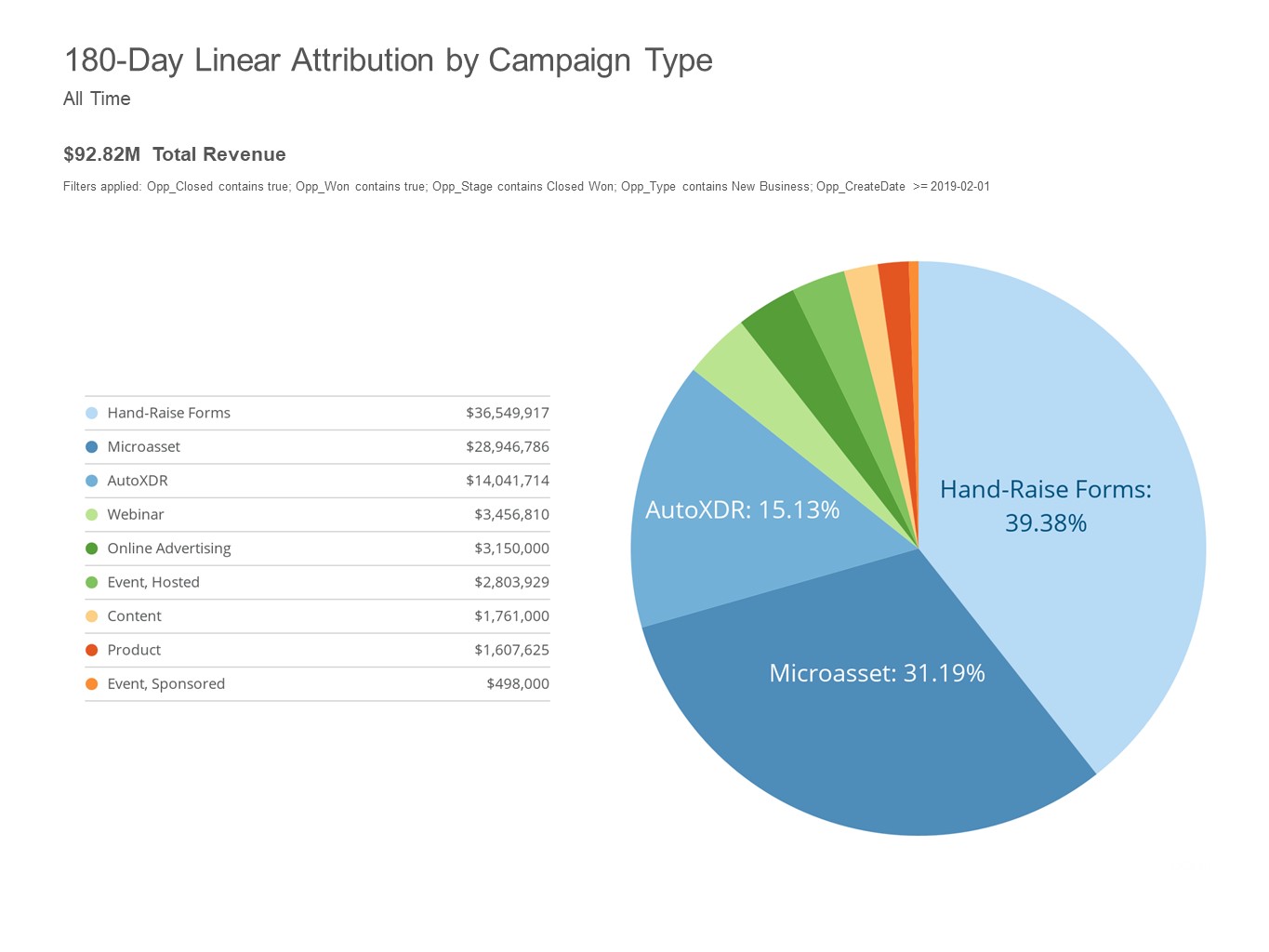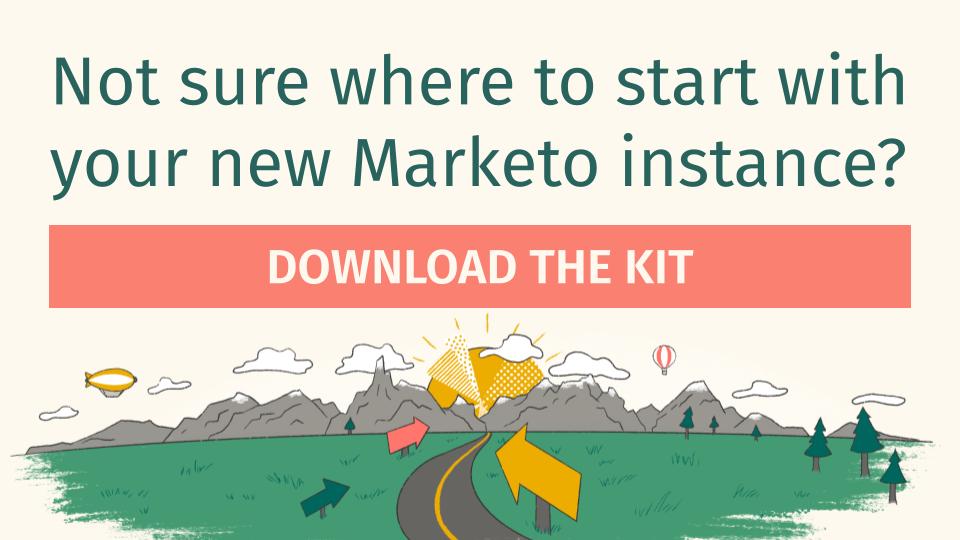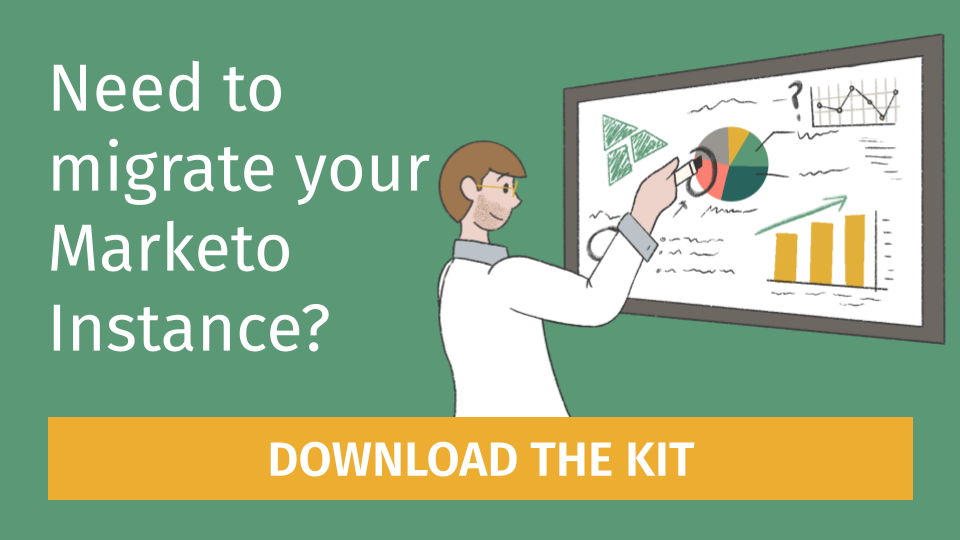Between the usual marketing buzzwords and the latest martech craze, there is no shortage of hype around the idea of marketing attribution and marketing attribution tools. It can quickly get confusing trying to sort through the myriad of specialized tools touted to solve all your attribution needs. Do you really need another specialized martech to get visibility into marketing attribution? The reality is, attribution, even multi-touch attribution, may be a lot more accessible than you think.
If you are getting questions from your CMO or CEO around the ROI or value of your marketing investments, attribution is undoubtedly one of the best marketing intelligence tools to help you articulate that story. At its core, marketing attribution is simply the assignment of credit from trackable marketing engagement to a measurable business outcome. With it, you can begin answering questions like:
- What is Marketing’s contribution to company revenue?
- What Marketing levers can we pull to impact the conversion, velocity, and value of our leads?
- How should we prioritize our marketing mix and budget in order to maximize ROI?
How much attribution is right for me?
First let’s get clear on some terminology. When the phrase “multi-touch attribution” arises, most of us tend to think about two common scenarios and business questions:
- How many anonymous exposures and/or engagements does it take to get the lead into our funnel?
- How many meaningful engagements does it take to get a known lead to progress down-funnel toward a closed deal and revenue?

If your paid media investment is a substantial portion (20% or more) of your overall marketing budget, a specialized tool may be warranted to assess how efficiently you are bringing people into your funnel. However, for most of the rest of us, a good ol’ fashioned BI solution will often yield more valuable insights than a specialized tool can.
An alternative path to attribution…
Attribution relies on visibility into your buyer journey, which means the key is being diligent with the date/time stamps on your Lead Lifecycle Stages, Opportunities, Campaigns and Campaign Members. A scalable MAP and martech architecture from your Marketing Operations team will be crucial in capturing the right data to enable attribution. After that, it is a matter of stitching together the buyer journey in a meaningful way, something that most BI solutions can accomplish with relative ease. If your attribution focus is to the right of the line, rather than a specialized attribution uni-tasker, you may want to consider a multi-tasking BI solution instead.
One benefit of going the BI tool route for attribution is that they offer more flexibility to build analytics views that answer a broad array of marketing questions. Not only can you build attribution reporting like the one below, but you can also have end-to-end visibility into your Lead-to-Revenue funnel, deep-dive on conversion and velocity metrics, and even keep track of your sales SLAs. In fact, it is not unusual for some companies to layer on a BI solution, even after procuring a specialized attribution tool, to fill some of the marketing intelligence gaps remaining. In that scenario, the attribution tool acts more as another data source, helping to answer how many anonymous exposures it takes to get a lead into the funnel.

Another perk of going with a BI solution is that it can offer insights to more than just Marketing. Sales, Customer Success, and Finance are some of the other business teams that will typically find value in having better visibility into data and insights. This can mean an easier conversation around budgeting and priorities than a specialized attribution uni-tasker, relegated to marketing scenarios. As a matter of fact, given the utility of most BI solutions, it is not entirely unlikely that your IT team may already have (or are considering) a BI stack you can leverage for your Marketing Intelligence needs.
Bottom line, if you are in the market for an attribution tool, I highly recommend you include a couple of BI solutions for your consideration. Of course, you can also contact us to help you assess and deploy the right marketing intelligence solutions for your business needs.







